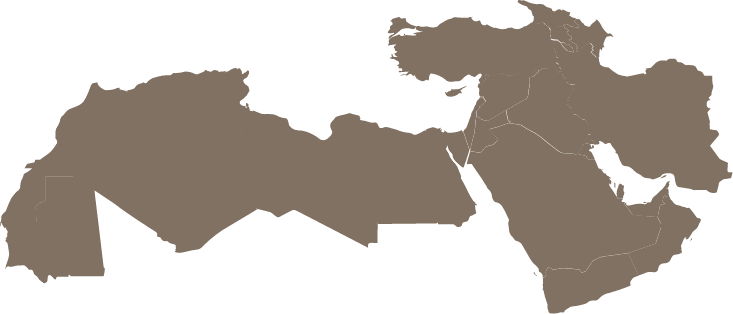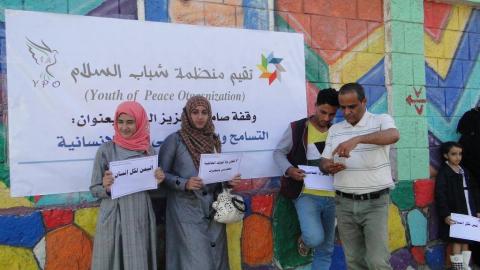For three evenings around the Fourth of July, I watched news shows that featured what is happening in Yemen. What I saw was wrenching to the soul.
Starving children with distended stomachs. Families suffering from cholera. Ships with food and medical supplies unable to dock in ports because of a blockade, bombers from a neighboring country utterly demolishing the few buildings of one of the poorest countries in the world. Personal lives and footholds of civil society in abysmal ruin. What must it be like to live in Yemen on this Fourth of July? What does URI have to do with this radical departure from freedom and liberty?
"What does URI have to do with this radical departure from freedom and liberty?"
All of this was in the context of a religious divide between the Sunnis and the Shia. On the one hand, the Sunni Muslim have lost the capital city of Sanaa, lost most the country’s northern section and lost key political leadership. Nevertheless, the Sunnis appeared relatively strong due to the military backing of Saudi Arabia and the United States. On the other hand, the Shia Muslim appeared relatively strong on the ground with dedicated fighters winning most battles and with their troops screaming hatred toward America and death to the Jews.
Further complicating the chaos, the religious divides were backed by competing national divides. Iran appears to reinforce the Shia while Saudi Arabia reinforces the Sunnis. A toxic mix of religion and nationalism seems to strangle the life right out of the country of Yemen.
The purpose of URI calls for “…ending religiously motivated violence,” but this is Yemen in 2018.
"URI lives in the middle of this wreckage."
Then in the middle of a July night, it struck me. URI lives in the middle of this wreckage. The next morning, I checked it out. The URI Cooperation Circle, “Youth of Peace” has been operating in Yemen for years, building on Yemen’s past tradition of toleration. While working with religious leaders of all sides, these youth have served various community needs, especially among handicapped youth.
Recently during the fighting in Sanaa, 77 young members of the URI Charter for Compassion Cooperation Circle have met regularly. Their focus has been on engaging children and university students “to acquaint them with peace and to distance them from sectarianism and radicalism.” On a most practical level, they care for displaced people of whom there are many.
"Today, in Yemen, they know more about URI than I [the founder] do."
How wonderful they are! Today, in Yemen, they know more about URI than I do, because they are laying their lives on the line on a daily basis. I think of how hard it is to explain URI to friends in San Francisco, but in Yemen, in the midst of the catastrophe, URI is the clear alternative. For them, the choices are simple and stark. Religiously motivated violence means the death of their beloved country. URI means life. Their vision and courage deeply inspire me.
If you are part of URI, you are in Yemen today as well as in 106 other countries. You have a share in the vision and the courage.

